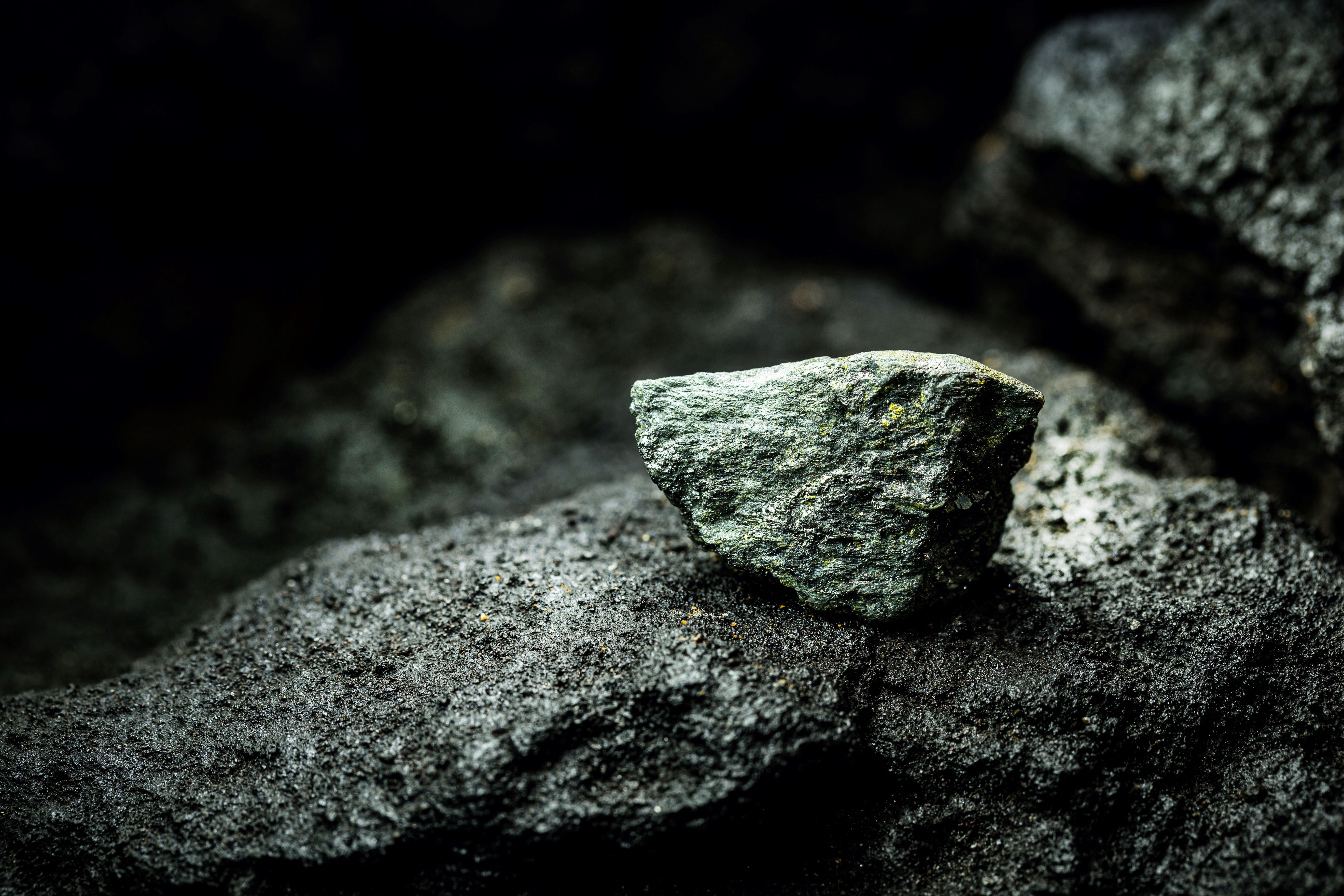Syrah Resources’ production campaign at Balama delayed
Opinion Pieces

16
Dec
2024
Syrah Resources’ production campaign at Balama delayed
Syrah’s graphite production campaign at Balama has been interrupted due to ongoing protests in Mozambique.
The protests, which began in September 2024, were initially linked to historical farmland resettlement concerns but have since intensified after the announcement of election outcomes in October.
The fallout has caused widespread disruptions throughout Mozambique, interrupting Syrah’s employees and supplies, site access, plant operations, and the restart of its production campaign in December. Consequently, Syrah declared force majeure, causing it to default on loans backed by US financial entities, including the US International Development Finance Corporation (DFC) and the US Department of Energy (DoE). Notably, the announcement was made after Syrah received its first disbursement of US$53M from the US DFC in November.
According to Syrah, the resolution of protest action in the vicinity of its operations is expected to take time due to broader unrest, disruptions across Mozambique, and the new Mozambican government only being formed in January 2025. Meanwhile, the company plans to rely on the Mozambican government to uphold the rule of law under the Mining Agreement and ensure the free movement of goods and people to and from the Balama operation.
Irrespective of logistical constraints, Syrah’s 2024 graphite exports have declined significantly owing to weak downstream demand from Chinese natural anode producers and increased competition from Chinese synthetic graphite overcapacity. During Q2 and Q3, Syrah did not sell any graphite concentrate to key customers in China and has been running a non-operating campaign dependent on inventory levels and new sales demand.
Overall, Syrah’s commercial graphite production is influenced by market conditions, with the company behaving as a swing producer in the graphite market.
According to Project Blue, the resumption of exports from Balama, a significant source of natural graphite outside China, is time-sensitive given China’s stricter export restrictions on graphite entering the USA and Syrah’s dependence on feedstock from Balama for its integrated anode plant in Louisiana.
The urgency is further heightened as Syrah’s active anode material (AAM) undergoes final qualifications to fulfil offtake agreements with OEMs.
